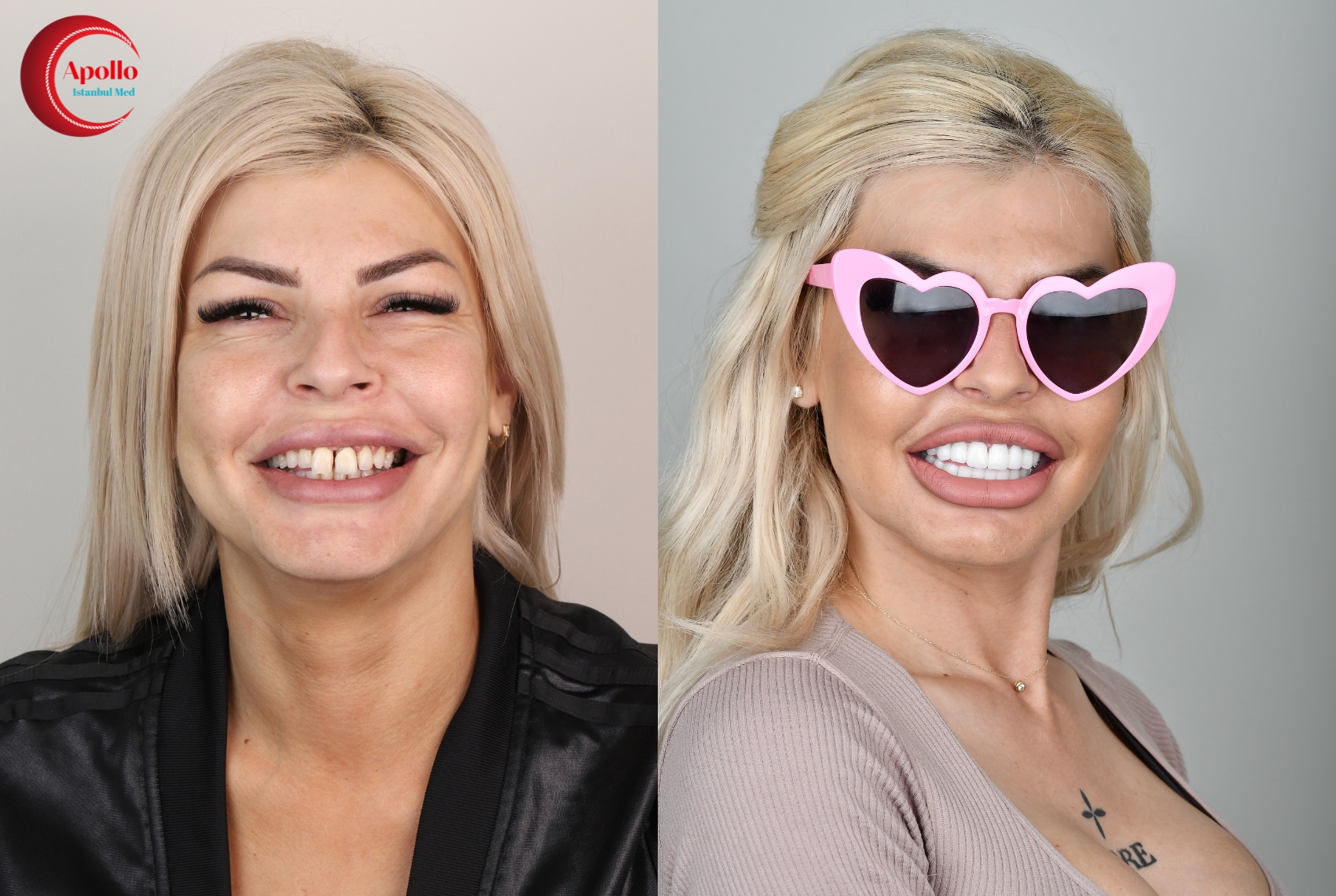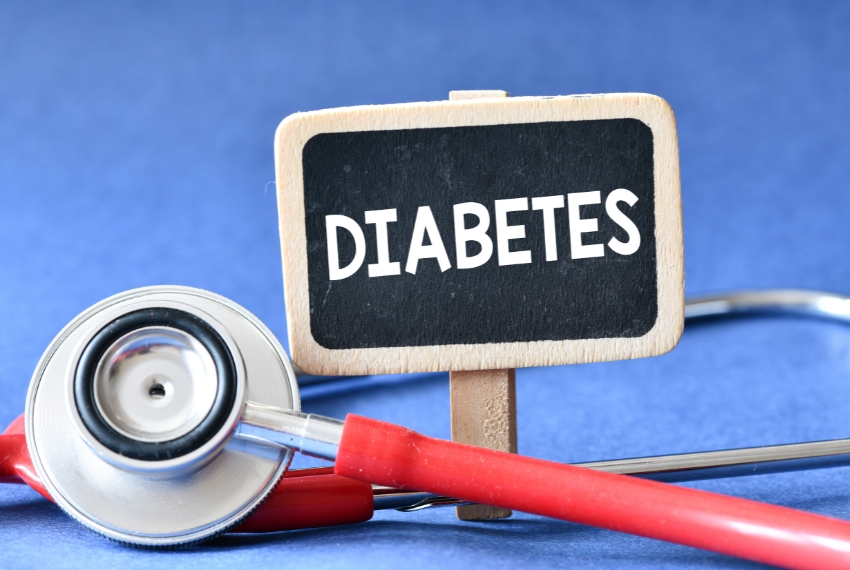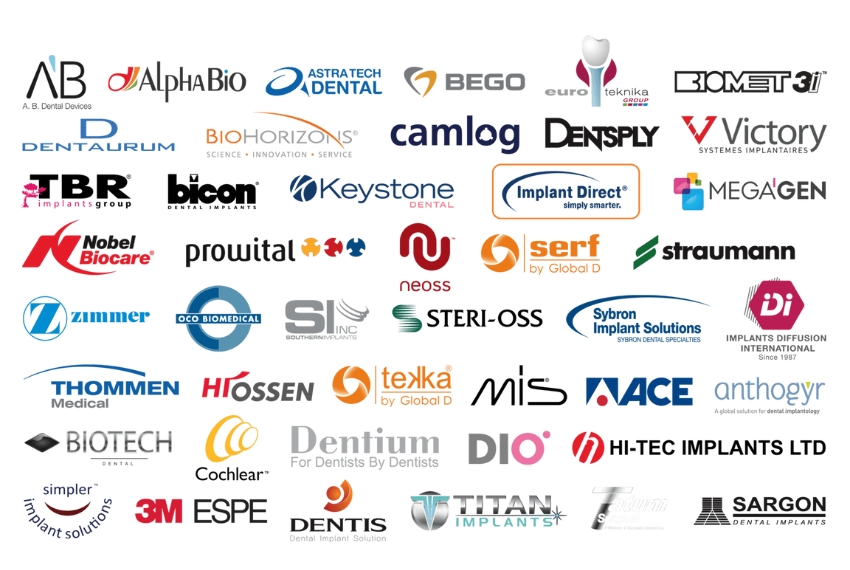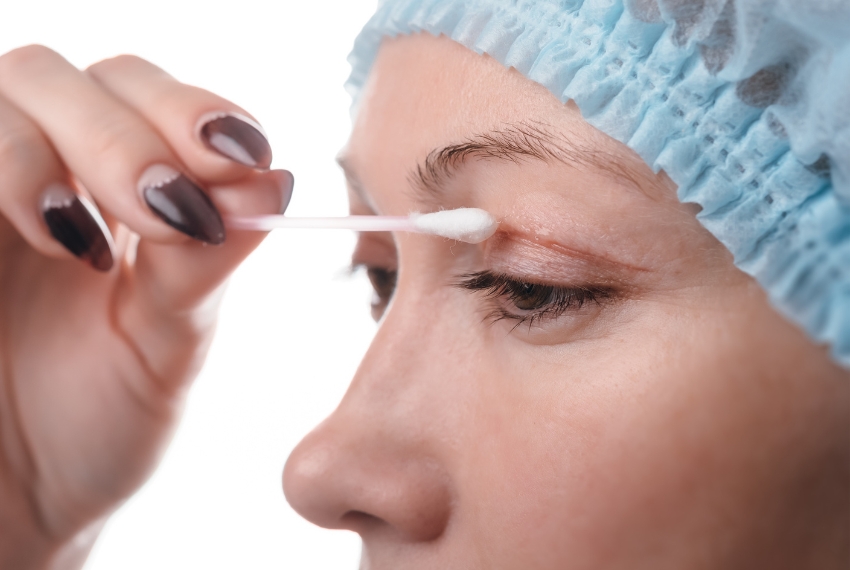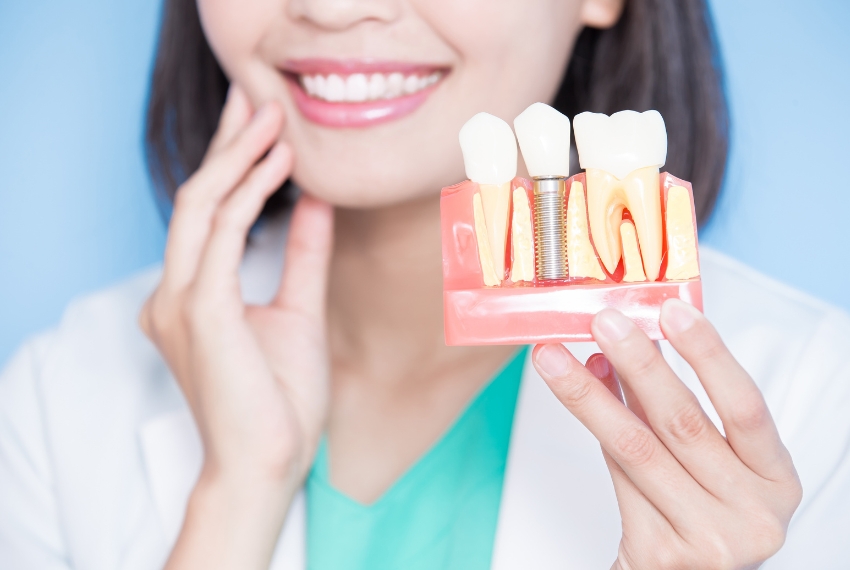
Healing Process of Implants
Healing Process after Implantation
It varies depending on the size of the surgical area, the number of screws placed, the surgical technique, and most importantly, how you manage this process. The time needed for the wound from the implant to heal will not be the same as the healing time for a complex case where bone powder is applied.
For example, after a regular implantation surgery, an implant placed in the molar area, which has a healthy bone structure and requires no grafting, may have little or no pain, swelling, or discomfort. You can return to work immediately the next day and manage the process with a soft diet and good wound care for a few days.
Implant Treatment Process
Although this is a long-term endeavor that can take months, the patient's recovery period is quite short.
The Treatment Process
It can be divided into two phases: the period of closing the surgical wound and the period of fusion between the implant and the bone.
How many days does it take for the Implant wound to heal?
During the recovery period after a typical dental implant surgery, there may be slight swelling that lasts for a few days, numbness that can be controlled with common pain relievers, and sometimes bruising. If you use the medications prescribed by your doctor regularly, you will go through this process quite easily. Approximately within 7-10 days, the edges of the wound heal completely, merging with each other. If applications such as bone powder or sinus lift were used together with the implant application, swelling and discomfort may be slightly greater. The stitches of the implants are usually removed within about 7-10 days.
What should you pay attention to during the Implant healing process?
During the healing process, oral care should be given the necessary attention, and cleaning should not be neglected due to fear of something going wrong. It is helpful to rinse your mouth with warm saline water at regular intervals during the first 24 hours after the procedure. Do not use mouthwash or peroxide mouthwash instead of this water. Be careful when spitting and avoid sudden mouth movements. You can start brushing your teeth gently after the first 24 hours. For successful recovery, it is crucial to use the medications prescribed by your doctor.
After the surgery, you can eat soft foods once you remove the gauze. Avoid using straws and consuming hot foods in the first 24 hours. After the first 2 days, you can decide for yourself what foods to eat depending on the pain level. You may wait for the soft tissue healing to complete, as eating very hard foods can damage the area of the wound.
When will the Implant fully heal?
The healing of the soft tissues, which you can observe, is completed in about 4-7 days. After this period, there won't be any disturbing factors, except for the moving threads in the mouth. The implant stitches are completed in approximately 7-10 days. However, it may take 2-4 months for the implant to fuse with the bone.
Is there pain during the healing of the Implants?
In most implant treatments, the pain is much less than you would expect. The incision made in the gums does not cause pain, as there are no nerve endings in the bone. Depending on the invasiveness of the procedure, you can use the medications prescribed by your doctor. If your doctor has not prescribed prescription pain relievers, you can use over-the-counter pain relievers like ibuprofen and acetaminophen. The pain from the incision, which may occur, will only last a few days.
Can I smoke during the recovery period?
Tobacco and tobacco products can harm the healing process of your implant. Smoking prevents wound healing by causing infection. Smoking should be completely stopped within the first week after the procedure, especially since it allows bacteria to multiply in the mouth.
How should I care for Implants that have completed the healing?
You should take care of your dental implants just like you do with your natural teeth. In addition to regular brushing, flossing will prolong the life of the implant. Implants are sensitive to wear and tear, and the better you care for them, the longer they will last. The health of your gums is directly proportional to the health of the jawbone that will support the implant, so you should keep your gums healthy during the implant healing process.


